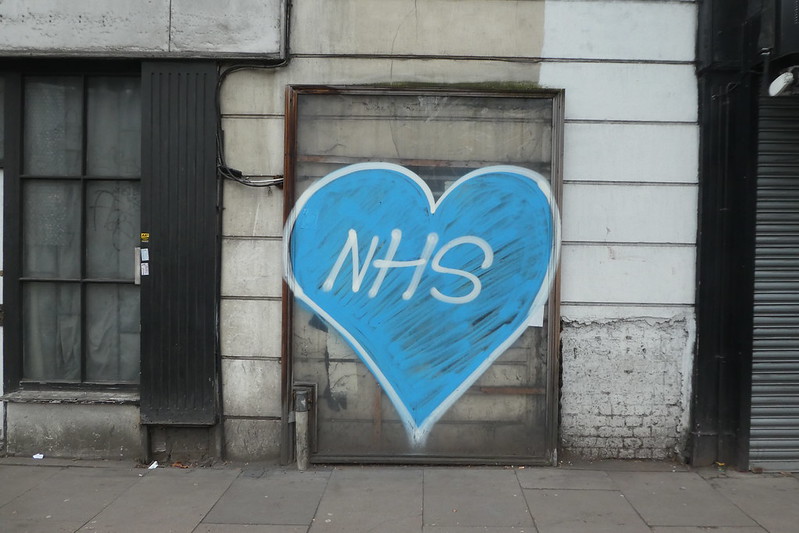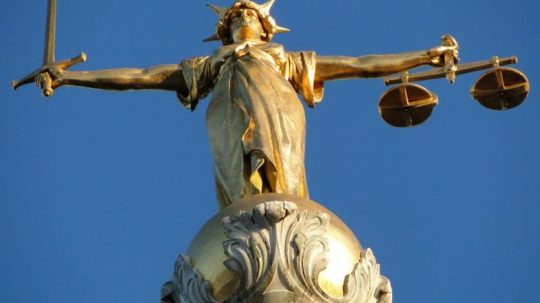The majority of people don’t have to spend too much time thinking about their local authority. They pay their council tax, get their bins collected, use their local parks and libraries, may occasionally submit or object to a planning application. But when you have a child with special educational needs or a disability (SEND), it’s different. Your relationship with public bodies such as your local authority changes dramatically.
The decisions taken by the local authority may determine where your child goes to school, how they get there, what support they get in school, what (if indeed any) activities they can do after school and in holidays, whether you get any help at home, how much you can plan for the future, and many other things besides.
For many families, it’s at best a struggle – and at worst a prolonged fight – to obtain the special educational provision and wider support their children need, and to which they are entitled under legislation such as the Children and Families Act 2014, the Equality Act 2010 and the Children Act 1989. IPSEA advises more than 4,000 parents and carers of children and young people with SEND every year. We know how hard it can be for families to make sure that their child’s legal right to an education that meets their needs is something that exists not just in principle but in practice.
The Human Rights Act underpins families’ dogged battles to make the system for supporting their child work as it should. All other laws, including those listed above, should be applied in a way that respects every individual child or young person’s human rights, because public authorities have an obligation not to do anything that would breach those rights. Where this doesn’t happen, the Act allows children and their families to access British courts and ask them to make a decision about whether their rights have been breached. For example, it has been successfully used to challenge decisions by local authorities that left disabled children unable to get to school, or that had a negative impact on their families (under Article 8 of the Human Rights Act, which sets out the right to respect for private and family life).
Bringing cases to court can result both in a remedy for the individual child or young person, and in wider improvements in policy to benefit others. An example of this is a landmark case brought to the Upper Tribunal in 2018 on whether a specific aspect of the Equality Act 2010 was compatible with human rights.
The needs of children and young people with SEND are not always well understood, and the case focused on whether a disabled child who behaved in a particular way should be treated differently to a child with a similar disability who behaved differently. The judge in the case used section 3(1) of the Human Rights Act, which requires judges to consider legislation from a human rights perspective wherever possible. This meant that the child met the definition of a disabled person under the Equality Act 2010, and should therefore be protected against discriminatory decisions. The result for all children and young people with SEND is that there is no longer a gap in legal protection: schools are no longer allowed to exclude a pupil who has unmet needs or for whom reasonable adjustments have not been made.
Any move to weaken the Human Rights Act will make it harder for children and young people with SEND to hold public authorities accountable, which undermines their rights and the protective environment the Act aims to foster. This is taking place at exactly the point when accountability is more necessary than ever in decision-making about education and support for children and young people with SEND, as the Government carries out a wide-ranging review of SEND provision. One of the biggest weaknesses in the way the SEND system works is the absence of accountability mechanisms to ensure that public bodies either follow the law or explain why they haven’t.
No public body should be above the law. All make mistakes, or take poor decisions. It remains essential that every individual child, young person and family has a way of challenging public authorities when they get things wrong.





